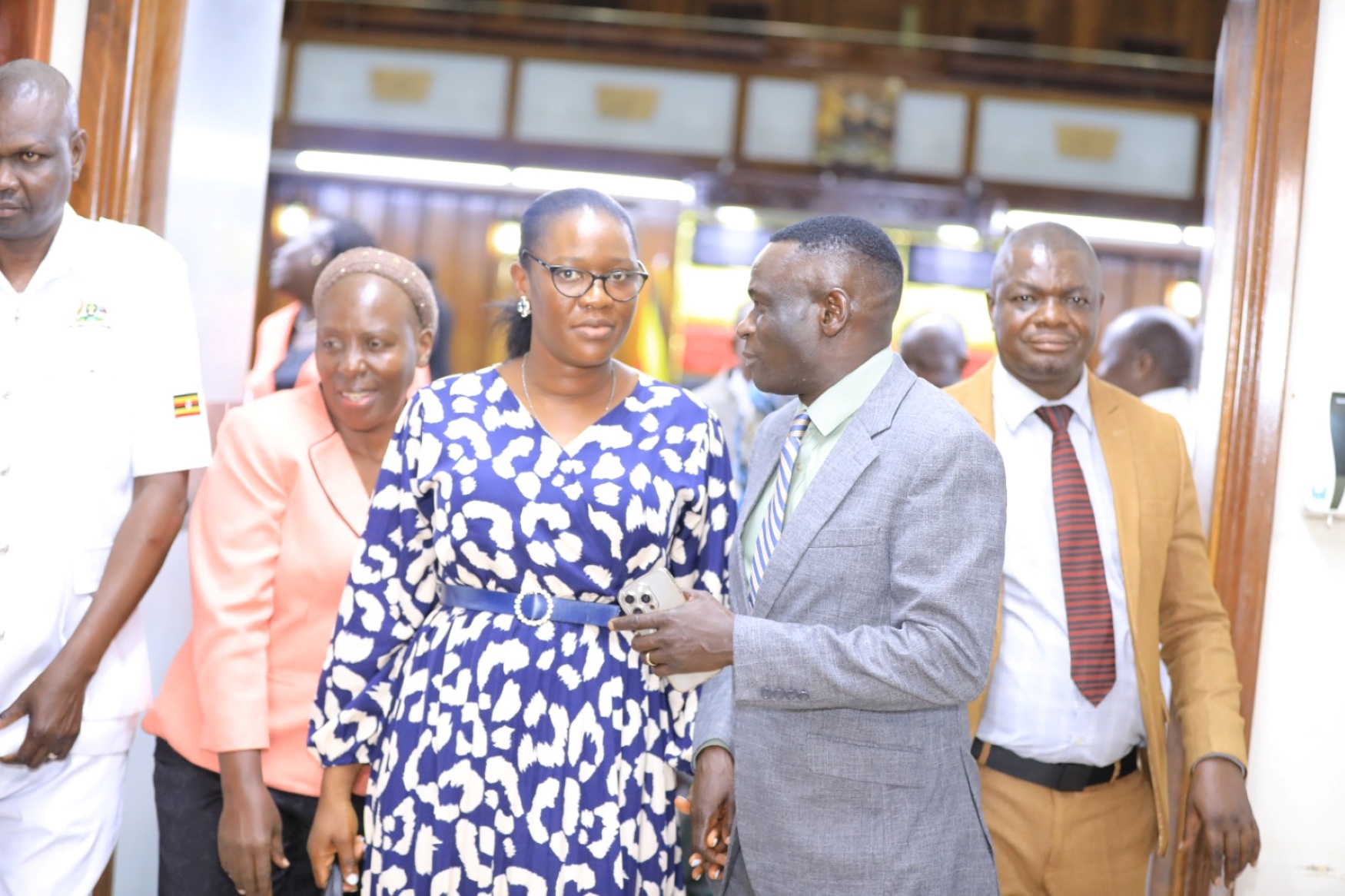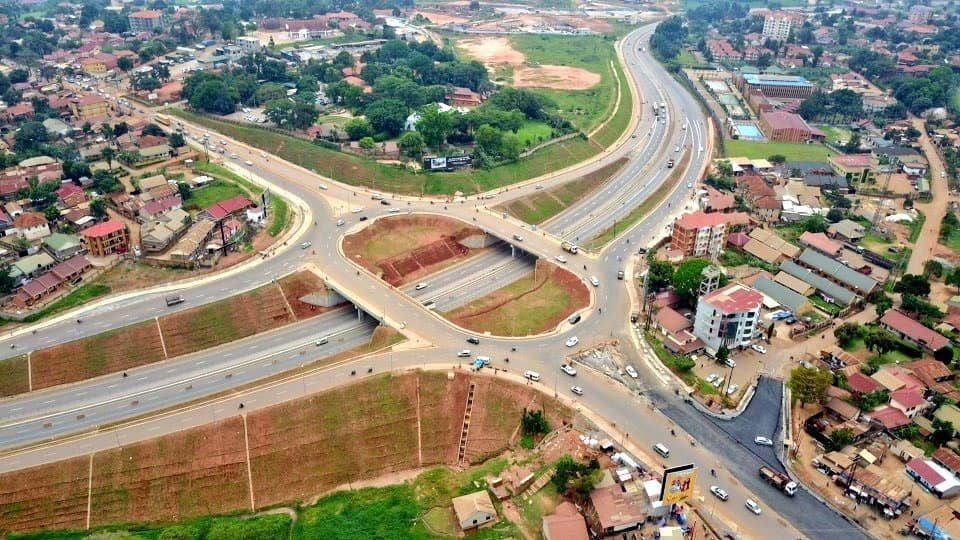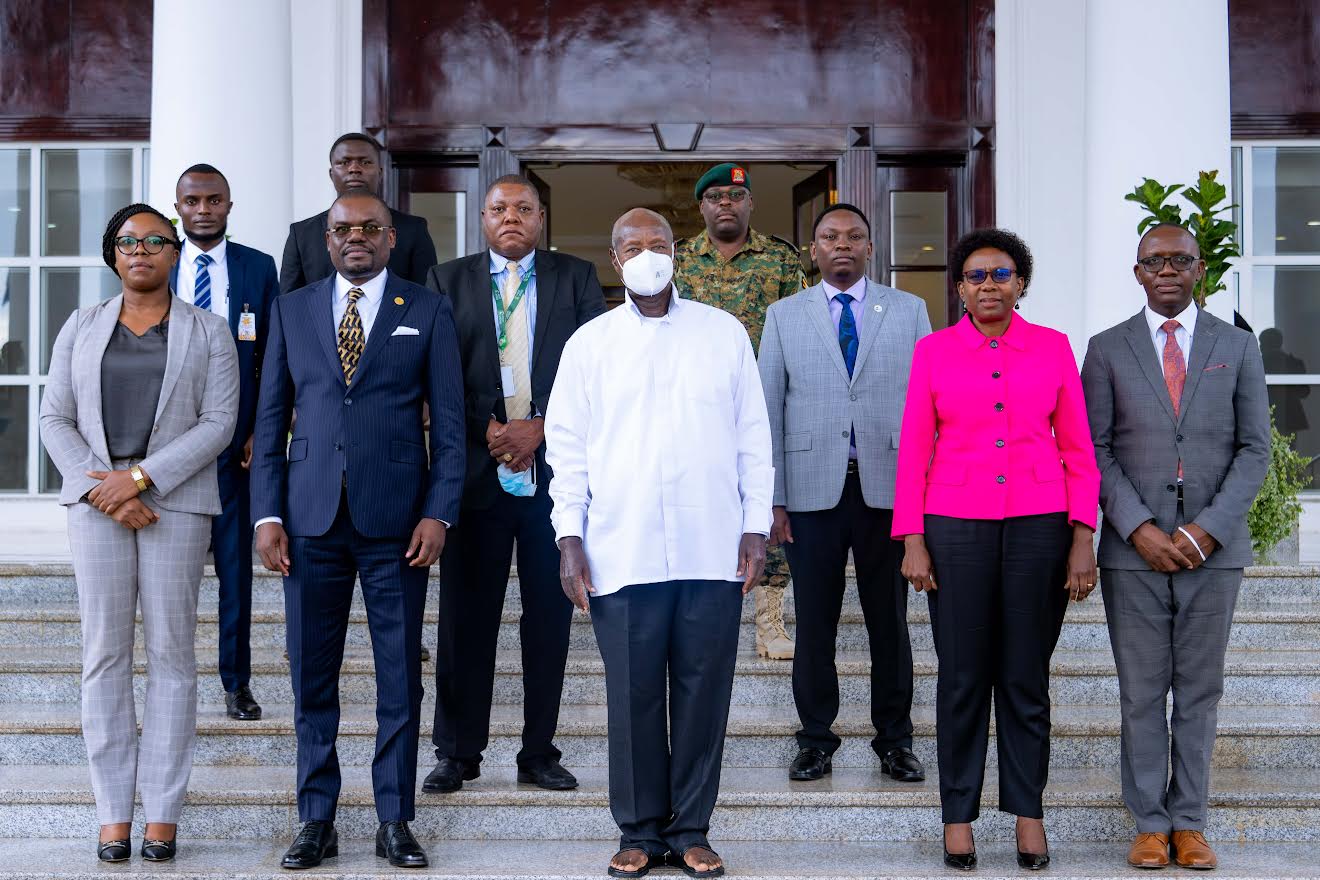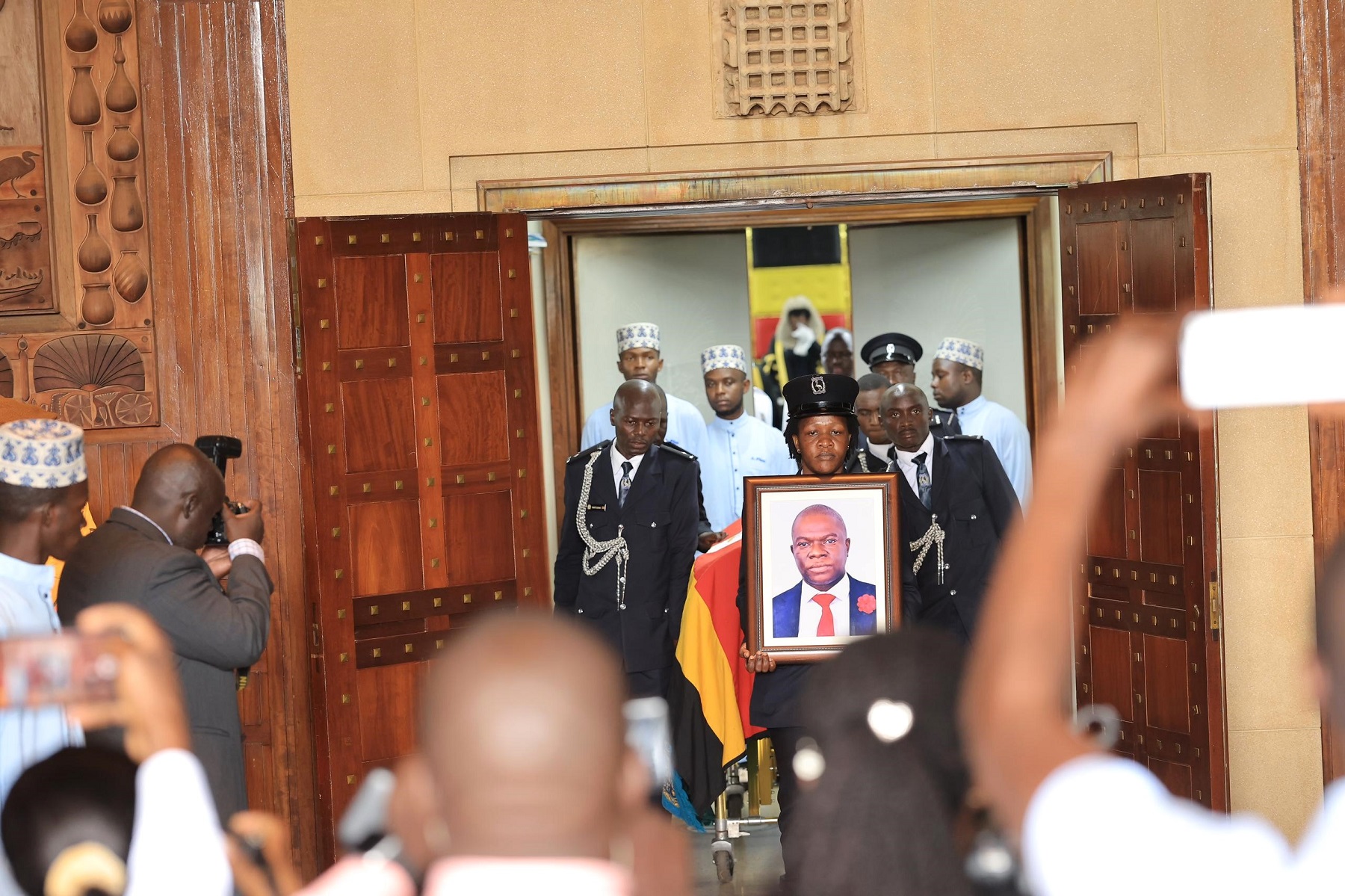KAMPALA: Government is yet to confirm the savings that have accrued from the rationalisation of agencies, a minister has told Parliament.
The Minister of State for Finance, Planning, and Economic Development (General Duties), Hon. Henry Musasizi, told Members of Parliament during the plenary sitting on Tuesday, 04 February 2025 that it was premature to determine savings, as the figures remained fluid.
“It is better to first complete the review of structures, harmonise work plans, and finalise recruitment and procurement plans. Only then can we discuss actual savings. The numbers we have now are just preliminary,” he said.
In February 2021, the government adopted a rationalisation policy aimed at reducing public expenditure, eliminating wasteful administration, and easing financial strain on state resources.
As a result, 32 rationalisation Bills were passed, leading to the merger of agencies such as the Uganda National Roads Authority, the Uganda Warehouse Receipt System Authority, the National Children’s Authority, the Uganda Wildlife Conservation and Education Centre, the Uganda Road Fund, and the Uganda Coffee Development Authority, among others.
Appearing before the Budget Committee of Parliament, chaired by Hon. Patrick Isiagi, the minister defended the reallocation of budget estimates for the 2024/2025 financial year and the revision of work plans for institutions affected by the Rationalisation of Government Agencies and Public Expenditures (RAPEX) reform.
“The anticipated savings were projected before the review of structures. Now, with the review, the numbers we used earlier cannot stand. In some instances, they are increasing, and in others, they are decreasing,” Musasizi said.
His comments came after committee members expressed concerns that the government was not making any significant savings from the rationalisation process.
“There is actually nothing you are saving here. The figures we are seeing are minimal,” Isiagi stated.
A report presented to the committee revealed that six entities, including the National Commission for UNESCO, the National Records and Archives Agency, the Centre for Arbitration and Dispute Resolution, and the Bureau for Non-Governmental Organisations, had not registered any savings from the rationalisation.
Despite this, the RAPEX process is estimated to save Shs430 billion, according to the Certificate of Financial Implication. However, MPs argued that these savings might not be realised soon.
Hon. Dicksons Kateshumbwa (NRM, Sheema Municipality) noted that unforeseen costs, such as enhanced salaries for transferred staff, could offset potential savings.
Musasizi explained that outstanding liabilities, including gratuity and National Social Security Fund contributions, were still being reviewed. The final figures on retained staff and financial implications were yet to be determined.







